
Yemen
since the start of Saudi-led coalition air strikes. (Photo: RIA Novosti/Maksim Blinov)" width="343" height="193" /> More than 121,000 people have been displaced inside Yemen since the start of Saudi-led coalition air strikes. (Photo: RIA Novosti/Maksim Blinov)Lisboa, Portugal, 27 Jumadil Akhir 1436/16 April 2015 (MINA) – Iran has said it will use all its influence to broker a peace deal for Yemen in order to end Saudi-led air strikes against the Houthi rebels.
“We are a major force in the region and we have relations with all groups in various countries, and we are going to use that in order to bring everybody to the negotiating table, to the point that we can,” Mohammed Javad Zarif, Iran’s foreign minister, said on Wednesday, Al Jazeera quoted by Mi’raj Islamic News Agency (MINA) as reporting.
Zarif, who was visiting Portugal, said efforts to bring peace to Yemen must “start with the right premise, that we need to end this bombardment and all the bloodshed, and prevent al-Qaeda from taking advantage of this nasty situation”.
“We have influence with a lot of groups in Yemen, not just the Houthis and the Shias,” he said.
Also Read: HRF Files Legal Complaint in Cyprus Against Israeli Soldier
Zarif’s comments came a day after the UN Security Council passed a resolution imposing an arms embargo on the Shia rebels, the second to be passed this year.
The resolution, put forward by Jordan and Gulf Arab countries, also requires the rebels, known as Houthis, to withraw from places they control, including the capital Yemen.
Houthi fighters – widely believed to be backed by Iran – swept into Sanaa in September and have since tried to expand their control across Yemen, which is also battling al-Qaeda’s local branch, Al-Qaeda in the Arabian Peninsula (AQAP).
The Houthis put President Abd-Rabbu Mansour Hadi under house arrest in February, demanding he carry out political reforms.
Also Read: Tensions with Lebanon’s Hezbollah, Israel to Recruit 12,000 Additional Soldiers
Hadi has since fled to Sunni-majority Saudi Arabia, which says it launched the air strikes against the Houthis to help defend a “legitimate authority” and has rejected Iran’s calls to halt the bombardment.
Zarif said that Iran had already consulted with Turkey and Pakistan, two majority-Sunni allies of Saudi Arabia, and Oman, the Gulf country that maintains the closest ties with Iran. None has joined the Saudi-led air campaign against the Houthis.
Saudi Arabia and other Sunni-ruled Gulf powers accuse Iran of arming the Houthis and interfering in Yemen’s affairs. Tehran denies giving the Houthis military support.
On Tuesday, Zarif had outlined a four-point peace plan comprising a ceasefire, humanitarian assistance, an intra-Yemeni dialogue and the establishment of a broad-based government.
Also Read: Hamas: Israeli President’s Africa Visit an Attempt to Undermine Support for Palestine
Zarif urged an end to what he called “an aerial bombardment against the people of Yemen”, saying there were “hardly any military targets in Yemen”. (T/P001/P3)
Mi’raj Islamic News Agency (MINA)
Also Read: Indonesian Language Program Officially Opened at Al-Azhar University





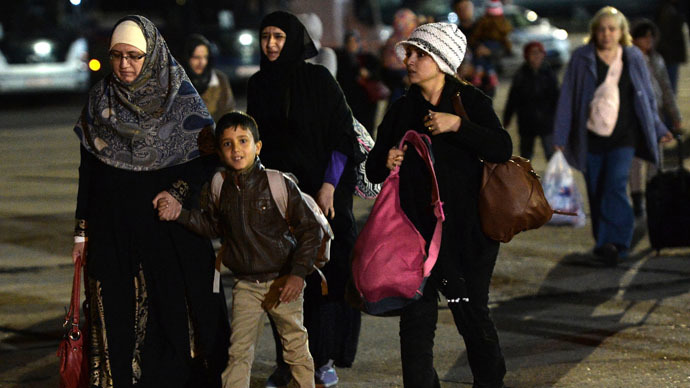







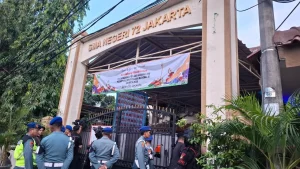

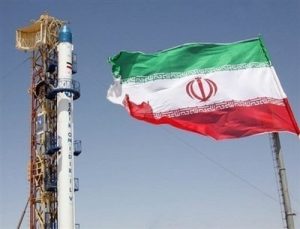
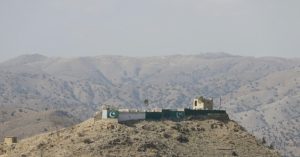









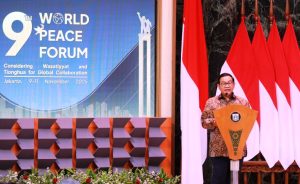





 Mina Indonesia
Mina Indonesia Mina Arabic
Mina Arabic